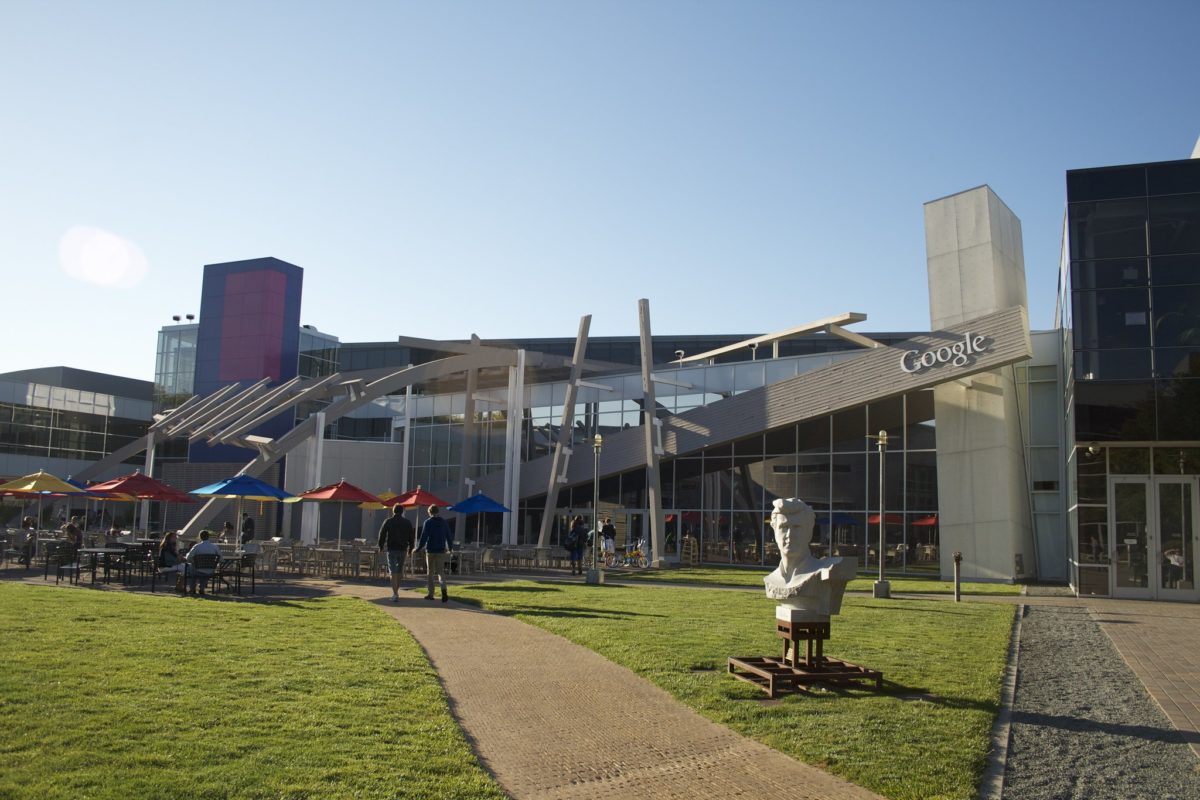Google first teamed up with Howard University (HU) in the summer of 2017 to launch Howard West, an exchange program offering the HBCU’s computer science students the opportunity to study and learn at the tech giant’s Mountain View campus for a semester.
Since then, several alumni and faculty have expressed that they are not happy with the outcome of the program.
Howard West is one of the many programs Google launched after sharing its diversity numbers for the first time in 2014, which showed that only 2.4% of the company’s U.S. workforce were Black employees. That stat has since improved to reach just 3.7%, according to its 2020 diversity report. Google has often blamed the pipeline problem and access to Black tech professionals for its diversity disparities.
Google’s Howard West program has since been rebranded to Tech Exchange, and though it promised to host 700 students in its first five years, the program has seen less than 200 Black students participate, reported CNBC this week.
The network news outlet published a deep dive into the program and spoke to some students and instructors involved who claimed that Tech Exchange has been disorganized and unclear about expectations. Google and HU both defended the program to CNBC when questioned about intentions and success, but declined to respond to specific concerns raised in its reporting.
Some students told CNBC that they expected the program to be more experimental, but with the frequent staff turnover and curriculum restructuring, it was difficult to focus.
“It seemed to grow way too fast, which led to a lot of disorganization early on,” Dr. Curtis Cain, an early faculty member who taught from Google’s campus, told CNBC. “For the most part, people had positive intent but it felt like the program transitioned into Google being more interested in pumping out software engineers without taking into account many other aspects.”
When Google rebranded the program to Tech Exchange in 2018, it also began to welcome other HBCU students outside of HU as well as some Hispanic learners. Only 65 students participated in the program that first year after the rebrand, which intended to host 100 students total over the fall and spring semesters.
Another downfall of the program that students shared were the long days, which spanned 12 to 15 hours. With this much time in the classroom, students often struggled to get the extra help they needed outside of it. One student told CNBC that Google expected them to know or be familiar with much of the material before arriving in Mountain View.
Despite Tech Exchange not including a job placement commitment, students expected to see more internship and job opportunities from Google after participating in the program. One 2017 participant who did get an internship offer with Google, Lauren Clayton, was surprised when the tech giant didn’t fulfill promises it made after she turned down another internship offer from Apple, which had promised to pay her outstanding tuition.
“When I was trying to decide between the offers, he set up calls with the chief diversity officer from Google, Howard University’s president, and other folks from Google to convince me to accept the Google offer,” Clayton told CNBC, referring to the Howard West program lead at the time. “And then he made me that promise that my senior-year tuition would be taken care of.”
After Clayton accepted her offer with Google, she was told a scholarship wouldn’t be included since she didn’t meet certain requirements. She ultimately had to find other ways to finance her last semester of college.
Some students also described microaggressions they experienced while studying at Google’s campus. They said Google employees would ask to check their badges more than often, some were accused of stealing company property, and others were frequently questioned by security on their commutes.
Google and HU declined to speak on much of what CNBC uncovered — “95% of students in our most recent class rated their overall Tech Exchange experience as positive,” said a Google spokesperson — but we’re hoping both parties will shed some light on this soon.
In the meantime, check out this feature we did with HU student and technologist Taylor Roper on her experience participating in Google higher ed programs, and check out Technical.ly Baltimore’s recent interview with two Morgan State University grads who participated in the Tech Exchange in 2018.
Join the conversation!
Find news, events, jobs and people who share your interests on Technical.ly's open community Slack

DC daily roundup: Washington Post's AI collab; a greentech glossary; Halcyon's debut Climate Fellowship cohort

DC daily roundup: Inside UMCP's new ethical AI project; HBCU founder excellence; a big VC shutters MoCo office

DC daily roundup: Esports at Maryland rec center; High schoolers' brain algorithm; Power data centers with coal?


